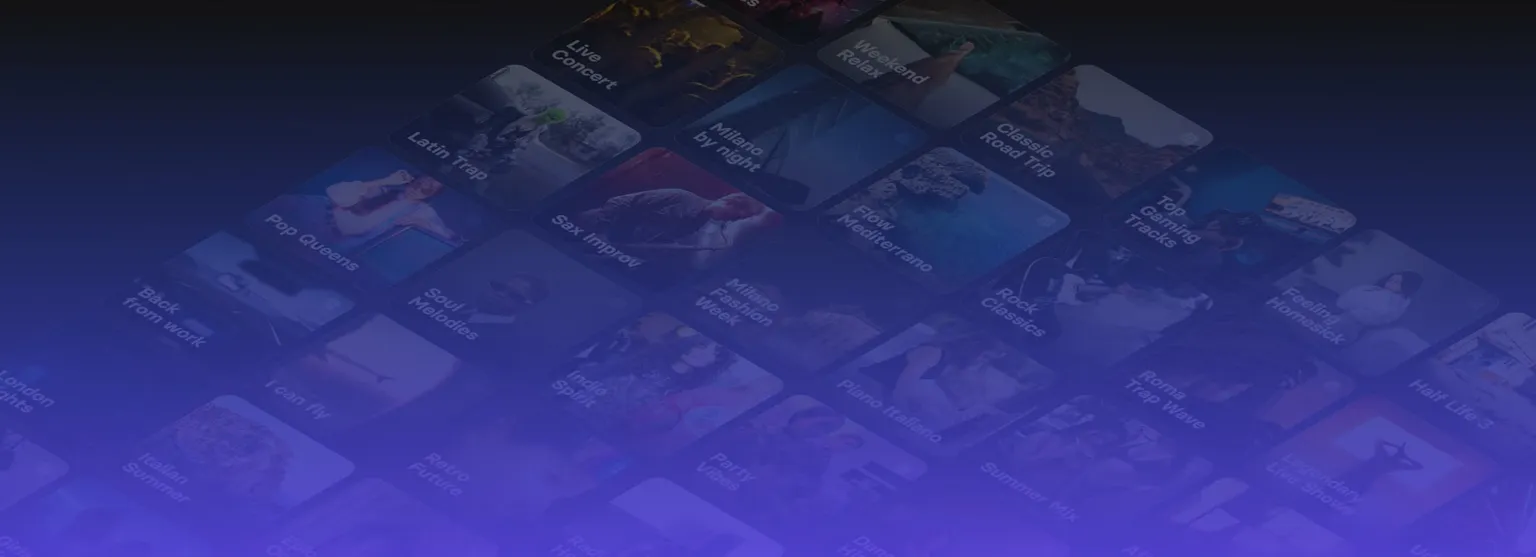Spotify’s 2025 AI policy: protecting artists and promoting transparency in the age of artificial intelligence

In 2025, Spotify rolled out one of its most significant policy updates yet: a set of clear, forward-looking rules on how artificial intelligence can be used in music creation and distribution. The move comes as AI-generated songs, cloned voices, and algorithmic compositions are rapidly reshaping the way music is made, shared, and consumed around the world.
Spotify’s new AI policy focuses on three major goals: protecting artists from impersonation and deepfakes, combating AI-driven spam and royalty fraud, and ensuring transparency about when and how artificial intelligence is used in music. Let’s explore what these changes mean for artists, listeners, and the music industry as a whole.
1. The context: how AI is transforming the music landscape
Artificial intelligence has become a powerful creative tool. From lyric-writing assistants and vocal synthesis models to automated mastering services, AI now touches nearly every part of the music production process.
For many artists, these tools are exciting. They open new ways to experiment, generate ideas faster, and overcome creative blocks. Independent musicians can use AI to produce professional-sounding tracks without massive budgets.
But with opportunity comes controversy. As AI models grow more sophisticated, they can imitate voices, copy styles, and even recreate an artist’s vocal identity without consent. In 2023 and 2024, several viral tracks appeared online featuring cloned voices of major pop stars, songs that millions of people streamed before realizing they weren’t real. This raised major questions about copyright, authenticity, and artistic integrity.

Streaming platforms like Spotify suddenly found themselves in the middle of this ethical storm. How could they embrace innovation without compromising the rights and safety of real artists?
2. Spotify’s new AI rules: a framework for ethical music creation
After months of consultation with artists, record labels, distributors, and industry partners, Spotify introduced a structured set of AI guidelines built around three pillars: artist protection, fraud prevention, and transparency.
Protection against impersonation and deepfakes
One of Spotify’s top priorities is protecting artists from voice impersonation and “deepfake music.” With new voice-cloning technology, it’s possible to generate songs that sound exactly like real singers, sometimes even indistinguishable to the human ear.
Spotify’s updated impersonation policy explicitly prohibits uploading or distributing music that uses an artist’s voice, likeness, or personal identity without their direct consent. This includes AI-generated vocals or synthetic performances created to mimic real people.
The platform is also strengthening its internal detection systems to flag and remove unauthorized or mislabeled content. Spotify’s “mismatch” tracking tool will now help prevent incorrectly attributed songs from appearing on artist profiles, while its reporting process has been streamlined to let musicians quickly remove deepfake content pretending to be them.
In short, the company wants to ensure that every song you hear under an artist’s name genuinely represents that artist, not an algorithm pretending to be one.
Fighting AI-Generated spam and royalty abuse
The rise of AI has made it easy to mass-produce thousands of low-quality or repetitive tracks at almost no cost. Some exploit this by flooding streaming services with automatically generated music to manipulate algorithms and earn undeserved royalty payouts.
Spotify is taking a firm stance against this behavior. In 2024 alone, it reportedly removed tens of millions of spam tracks that violated its content policies, many of them created with AI tools.
Under the new system, Spotify is tightening upload filters, enhancing automated monitoring, and applying penalties for suspicious activity. This includes users who upload large volumes of nearly identical tracks, playlists that artificially inflate plays, and distributors connected to fraudulent royalty collection schemes.
These actions not only clean up the platform but also help ensure that legitimate artists, those who put time, creativity, and emotion into their work are properly rewarded. By cracking down on spam and abuse, Spotify is making the streaming environment more equitable for genuine creators.
AI can generate content that closely mimics original compositions, often without the creator’s consent, for this reason copyright registration is more important than ever. Discover more about it by reading the full article!
Transparency: disclosing AI use in music creation
Transparency is the third, and perhaps most culturally significant, pillar of Spotify’s new AI policy. The company recognizes that listeners deserve to know whether a song they’re hearing was made entirely by humans, with AI assistance, or fully generated by algorithms.
To achieve this, Spotify is introducing a disclosure requirement for music containing AI-generated elements. Labels, distributors, and independent artists will need to indicate when artificial intelligence has been used, whether in vocal synthesis, instrumental generation, mixing, or mastering.
Over time, Spotify plans to display this information within its app, allowing users to see when AI has played a role in a track’s creation. This kind of transparency builds trust and encourages open dialogue between artists, audiences, and technology providers.
By making AI involvement visible, Spotify is not banning innovation, it’s simply asking for honesty. The company hopes that clear labeling will empower listeners to make informed choices while encouraging artists to experiment responsibly.
3. What these changes mean for artists and fans
For artists, Spotify’s AI rules bring new peace of mind. They can focus on making music without worrying that someone might clone their voice or upload impersonated versions of their work.
For independent musicians, especially, this represents a major step toward equality. The industry has often been skewed in favor of those with access to resources and networks but with ethical AI tools like Matchfy’s playlist-matching system, indie artists can finally compete on a level playing field.
Matchfy’s algorithm helps artists find their audience faster, placing their songs in playlists where they’ll resonate most. This not only drives organic growth but also ensures that AI is being used for musicians, not against them.

For listeners, these policies and tools mean a cleaner, more authentic streaming experience. Every time you press play, you’ll know whether the voice you’re hearing belongs to a real person or an algorithmic model and you’ll discover more genuine artists whose music fits your taste.
4. The bigger picture: responsible innovation in music
Spotify’s 2025 policy marks a turning point in how the industry approaches AI. Rather than viewing artificial intelligence as a threat, the company and platforms like Matchfy are proving that it can be a collaborative tool when used responsibly.
The key lies in balance: innovation without exploitation, creativity without deception, and automation without replacing the human touch.
AI should simplify discovery, not distort it. It should amplify artistic voices, not imitate them. And that’s precisely the mindset behind Matchfy’s approach — combining data intelligence with human creativity to make meaningful connections between artists and curators.
As technology continues to evolve, these values will shape the future of digital music: a future where authenticity, transparency, and innovation coexist.
Conclusion
Spotify’s new AI policy in 2025 represents a milestone for digital music ethics. By enforcing rules against impersonation, AI spam, and hidden automation, the platform reinforces its commitment to protecting artists and maintaining trust with listeners.
At the same time, positive examples like Matchfy’s safe, transparent use of AI show that artificial intelligence can be a powerful ally for musicians helping them reach the right playlists, audiences, and curators in a fair, data-driven way.
The message is clear: AI doesn’t have to replace creativity, it can enhance it. When used responsibly, it can help real artists thrive in the digital age, ensuring that the music industry remains not just innovative, but human at its core.

